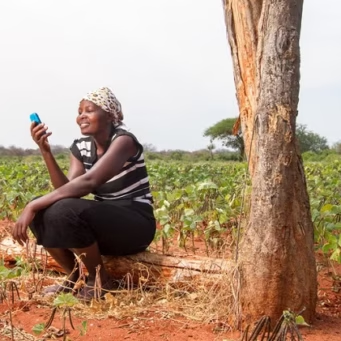Côte d’Ivoire’s consumer market is a study of contrasting sides of the economy. On one side lies the fast-growing formal sector, modern supermarkets, structured retail chains, and formal manufacturers. On the other hand, a massive informal economy dominates daily life, employing nearly 7 million people and contributing 38% of the country’s GDP. From market stalls to small neighbourhood shops, this informal sector isn’t a competitor; it’s running side by side as the backbone of the Ivorian economy.
Whether targeting the high-end consumer or the price-sensitive street shopper, businesses must understand how formal products and services flow through informal channels. Understanding this “dual economy” is of utmost importance for brands and investors. This is where market research becomes indispensable.
In Côte d’Ivoire, the informal consumer is price-conscious, driven by convenience, and values personal relationships with sellers. Payment is still largely cash-based, though mobile money is reshaping transactions and even enabling informal businesses to access credit. Small-sized products, from sachet-packed goods to affordable personal care items, dominate purchases, though quality increasingly influences buying decisions.
Informal retailers act as critical last-mile distributors, moving branded goods into communities where formal channels struggle to reach. This makes the informal market both an opportunity and a competitor at the same time.
Market research firms like Fieldwork Africa are stepping in, blending ethnographic research with mobile-first methodologies. From in-depth interviews in homes and markets to tracking product flows across informal stalls, researchers are uncovering insights that help brands design affordable products, optimise distribution, and craft messages that resonate.
Rwanda’s retail and consumer goods sector is evolving fast. As modern retail formats grow, online shopping accelerates, and local brands gain traction, companies must move beyond assumptions and embrace insights-driven strategies. Market research is no longer a background service, it is a critical tool for brands aiming to thrive in this competitive space.








